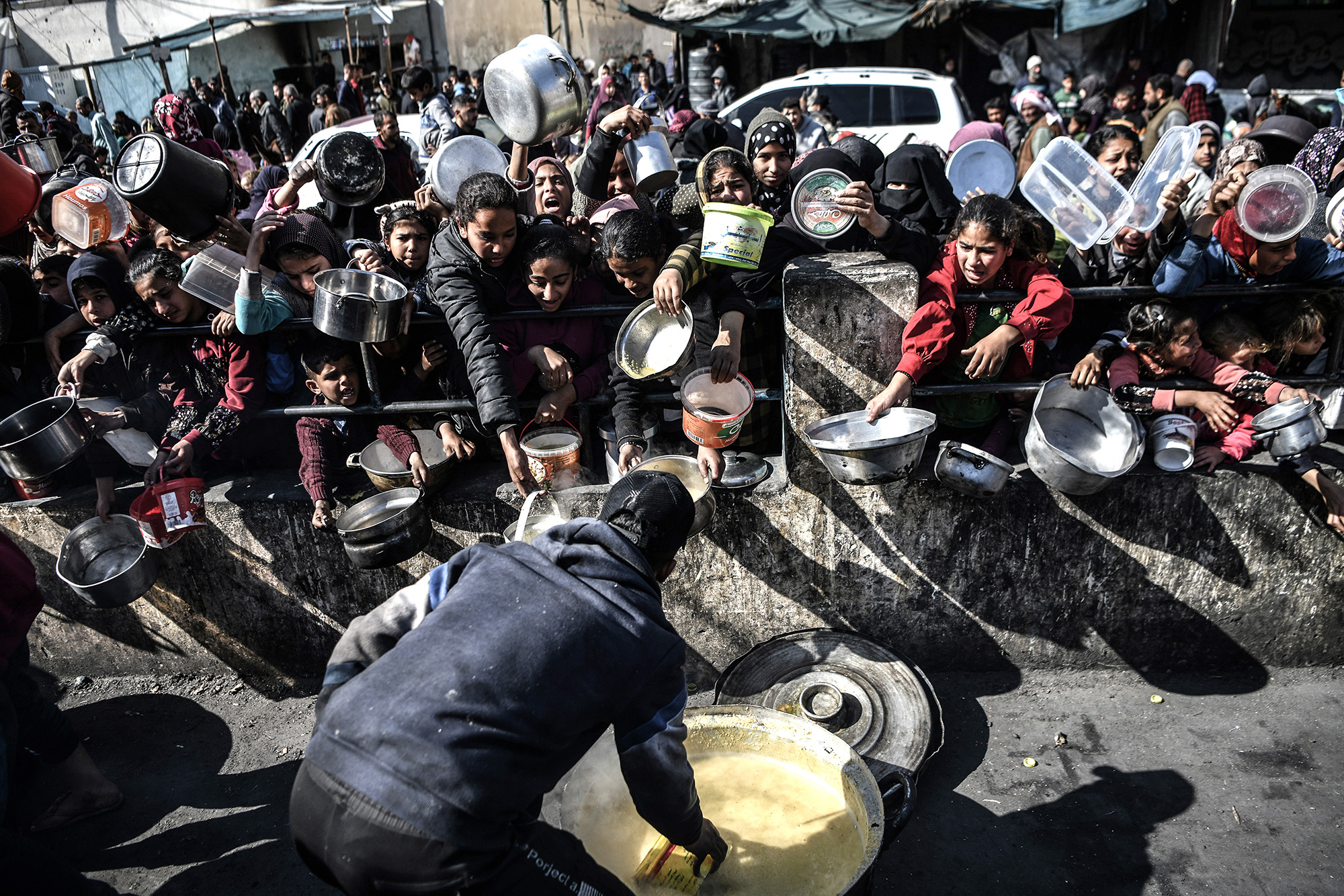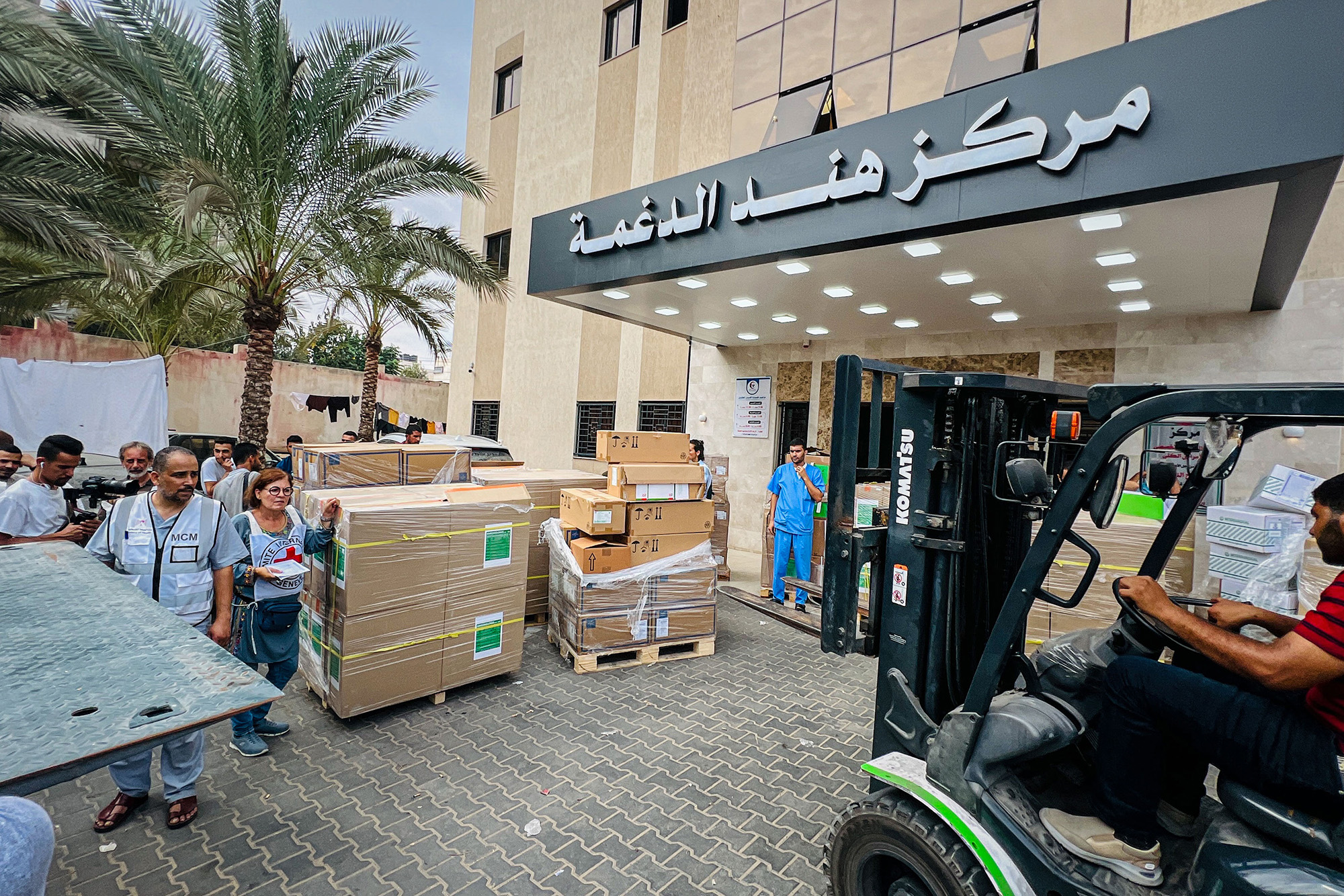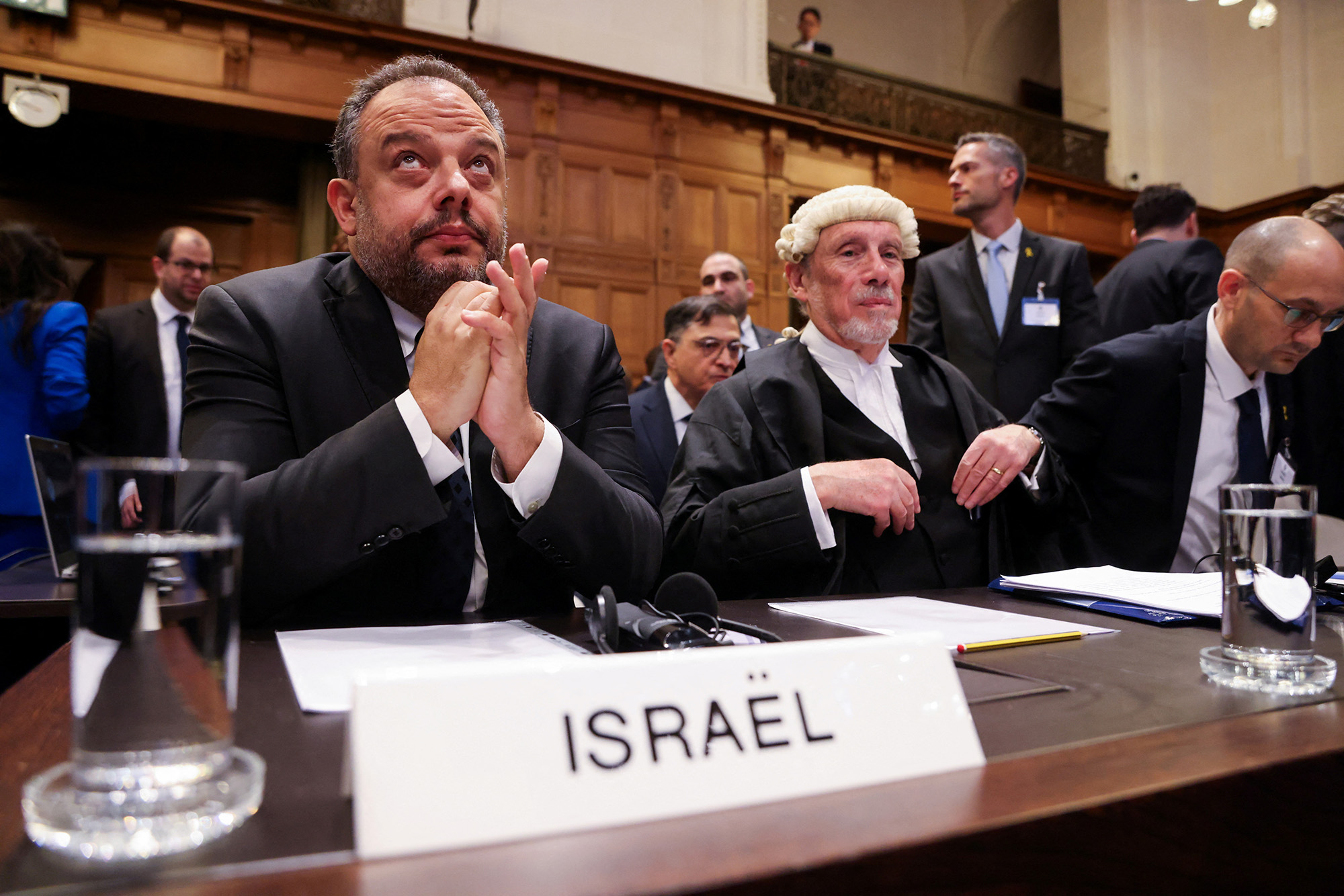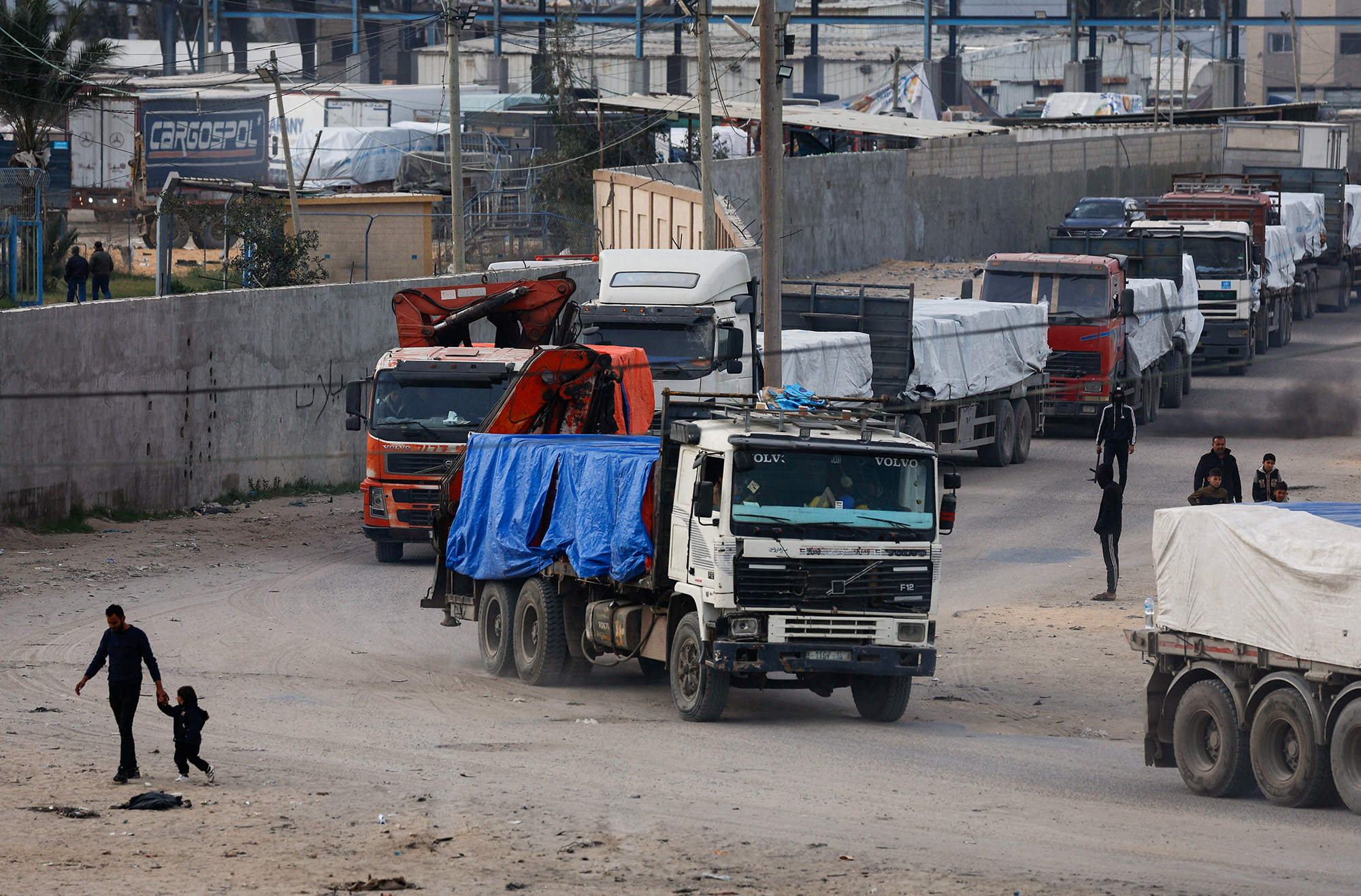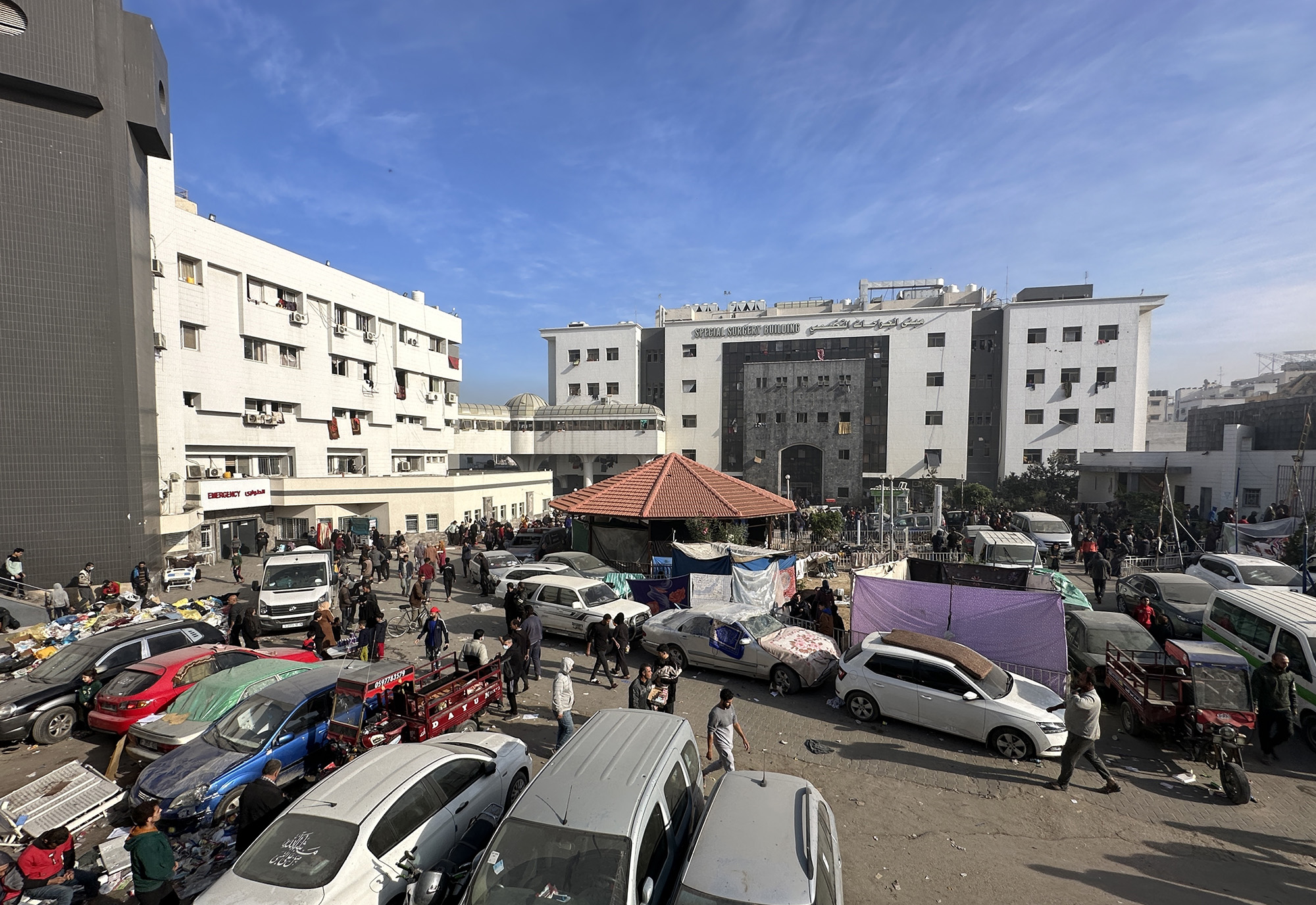
Fourteen out of 36 hospitals in Gaza are still partially functioning, with access to some impossible because of the conflict, according to the United Nations Office for the Coordination of Humanitarian Affairs (OCHA), which cited the World Health Organization.
It said in an update that partial functionality indicates “a hospital is accessible to people in need of health care, can take in some new patients and can undertake some level of surgery.”
“However, they face challenges such as a shortage of medical staff, including specialized surgeons, neurosurgeons, and intensive care staff, as well as a lack of medical supplies, and have an urgent need for fuel, food, and drinking water,” OCHA said.
The UN also provided status updates on two medical facilities in Gaza:
Nasser Hospital in Khan Younis: “No one can enter or exit the facility due to ongoing bombardments in the vicinity, including 400 dialysis patients in need of support. Health staff are reported to be digging graves on hospital grounds due to the large numbers of fatalities anticipated and the need to manage burials," OCHA said.
Al-Shifa Hospital in Gaza City: The situation has somewhat improved with the facility now having about 120 health and care workers and roughly 300 patients. The hospital conducts between five and 10 surgeries daily, mainly trauma cases that require immediate care.
OCHA cited the UN High Commissioner for Human Rights as saying the Israeli military “continues to shell areas that it has unilaterally designated as ‘safe’ for evacuation, reinforcing that nowhere in Gaza is safe."
